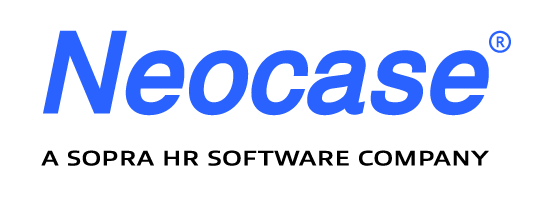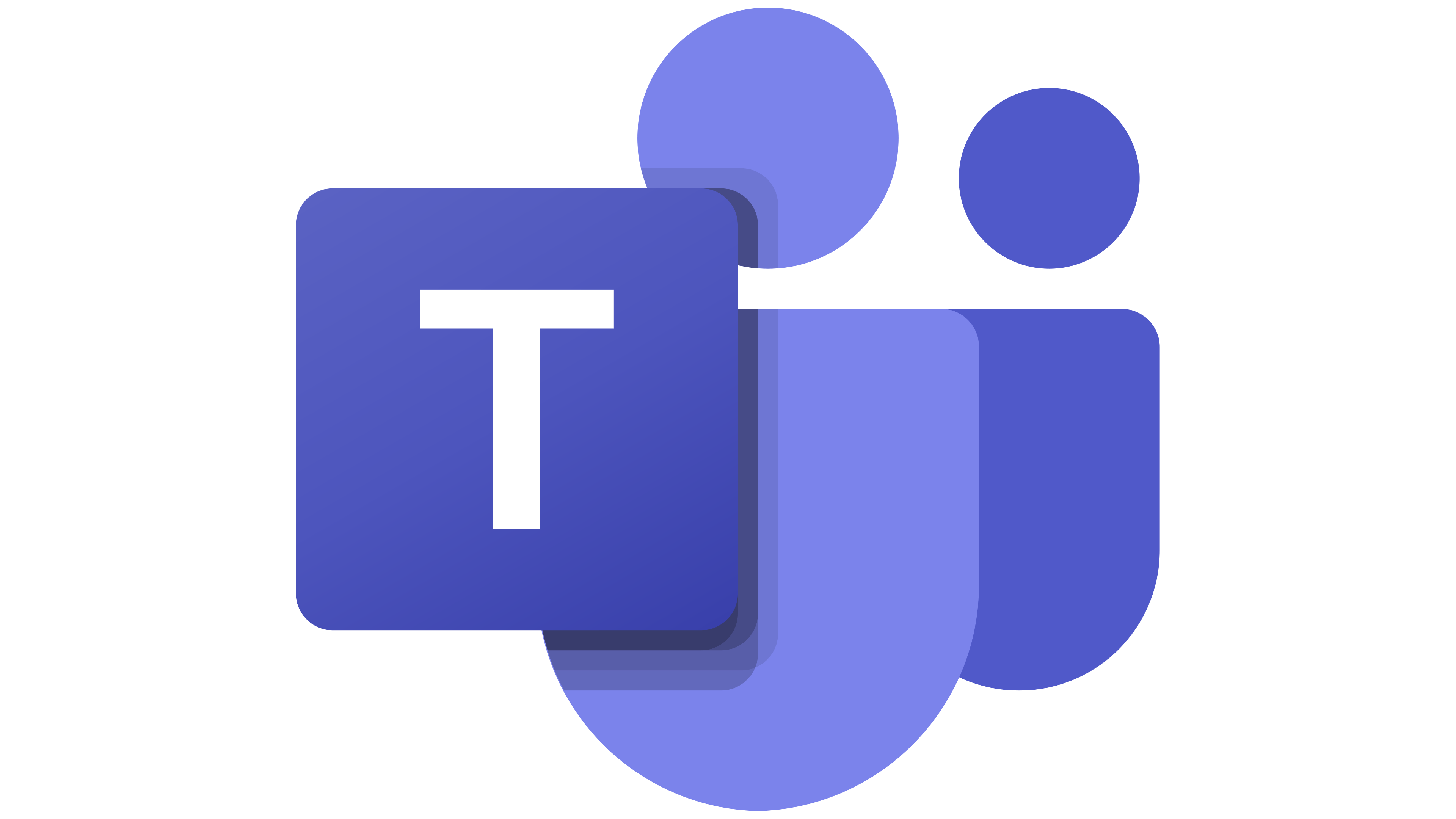Human resources professionals should be engaged with managing people – not documents.
Processing, organizing and archiving hard-copy forms, policies, handbooks and other documents – not to mention time spent searching for files – is inefficient and therefore a poor use of time. An Electronic Document Management (EDM) system (or in HR parlance an ‘Employee’ Document Management system) is a better way to process and store the myriad forms generated through employee hiring procedures.
Aside from gains in efficiency through process automation, EDM also provides for much greater document/data security and automated organization over paper records keeping. Employee files are archived in a secure repository for quick and easy access by authorized individuals when needed. E-files are easily processed by HR, managers and employees – then collected into the document archive – automating workflow and records management.
The creation of an employee data repository has advantages other than streamlining of the forms process and automating workflow however; for example, employee data may be analyzed to spot historical and current trends to help steer company decision making. Electronic data also provides more opportunity for automation and collaboration – enabling employees to work together within a cooperative system – promoting data sharing across the enterprise instead of having departmental data silos.
Creating, tracking and retrieving document versions using an EDM system keeps everyone in an organization ‘on the same page.’ When a document is updated, those who access and use it need not worry whether they’re working with the latest version – as that’s what they’ll automatically retrieve from the archive. And during the process of collaborative document creation, editing and review, the EDM system provides an audit trail of saved versions and revision management – a historical record of editors and their changes.
Part of ensuring that critical employee information is securely archived to meet legal, governmental and corporate compliance; is the establishment and implementation of document retention policies. File parameters may be put in place to automatically freeze, purge, or place in review document versions based upon pre-set conditions. Furthermore, electronically managed files strengthen compliance through the status of required employee documentation completeness – available in real time.
Managing an organization’s employees efficiently and effectively is vital to the success of a company. Implementing an EDM allows the focus to be on the people – not the process.

 Microsoft Teams
Microsoft Teams
 Workday
Workday